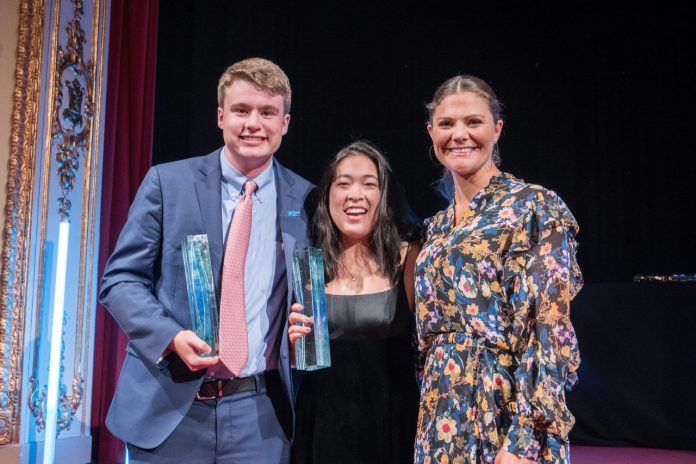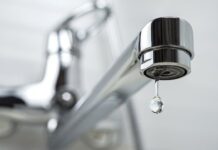
Two American students have been awarded the 2017 Stockholm Junior Water Prize for constructing a system that detects and purifies bacteria laden water within 10 seconds, at a fraction of the cost of traditional methods.
Ryan Thorpe and Rachel Chang developed the system over two years at their high school in Long Island, New York. The concept works by using biosensors that detect specific bacterial analytes that generate an electric signal. A purification unit using an Arduino microprocessor controls a motor that then pushes forward a rail to eject chemicals to eliminate bacterial presence in the water.
“I had been reading a journal article about the conventional methods of bacterial detection and realised that methods like PCR [Polymerase Chain Reaction] can take one to two days,” Chang told The Source. “I personally wanted to create a system that would be able to improve upon the standard methods of detection to expand access to clean water.”
The cost of using one of the biosensors with enzymes mobilised is around US$20.
“[It’s far cheaper than] PCR which just for the machine costs upwards of US$1,000,” explained Thorpe. “And then in order to purchase the primers associated with detecting bacteria, it’s hundreds of dollars for each trial.”
The pair said that the system could be used in developed and developing countries but requires further field tests to see if it can handle large sources of water like wells and lakes in developing countries.
In the developed world, Thorpe said that it can be formatted into a cylinder and implemented in piping systems to test the success of pipe sealant and prevent bacterial flow of larger water sources.
“We’ve been able to create [a network with other Stockholm Junior Water Prize finalists] and are hoping that they can become involved to create a global effort to bring awareness to bacterial pathogens,” added Thorpe.
Torgny Holmgren, Executive Director of Stockholm International Water Institute said: “This is a very inspiring project that takes on one of the world’s biggest challenges, providing clean drinking water for all. Methods like these can unlock huge human potential, when access to safe drinking water, and by extension health, improves among hundreds of millions of people.”
Thousands of young scientists from all over the world competed in national competitions for the chance to represent their nation at the international final held during World Water Week in Stockholm. Teams from 33 countries competed in this year’s finals.







